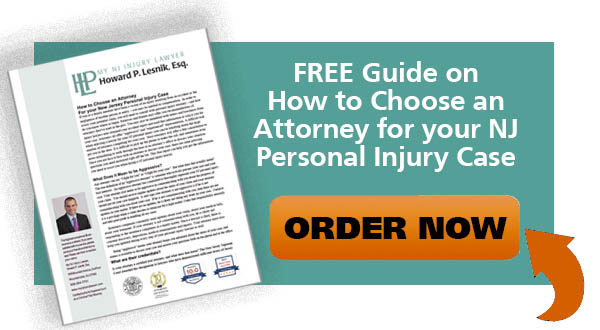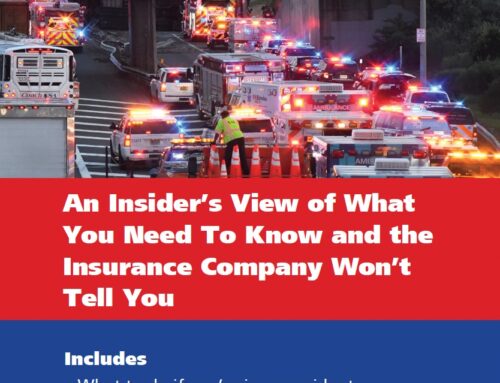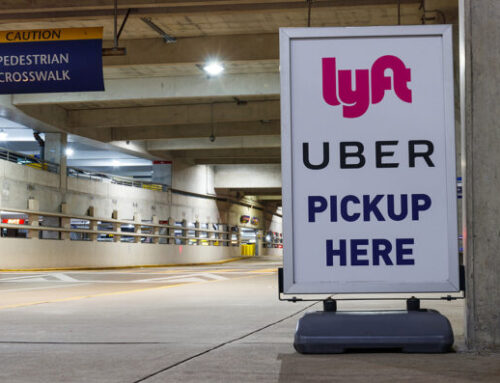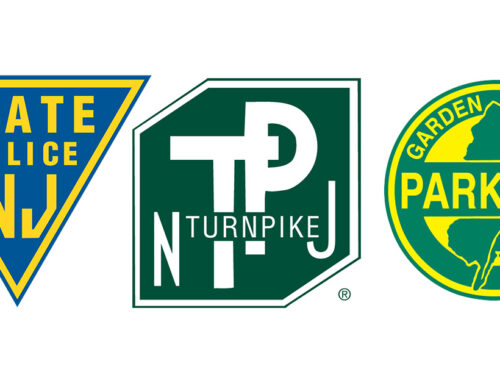If you’ve agreed to a settlement for your personal injury case, you might expect that that the case has been resolved, and the net personal injury settlement after legal expenses and attorney’s fees is yours to keep. However, you may discover that your own insurance company or other health care provider has attempted to place a lien on the settlement award. A lien is an amount that is owed to a doctor, health insurance plan, or insurance company that paid for medical bills for treatment for your personal injury case. These liens are deducted from your share of the settlement and can affect the bottom line and the money that you take home from your case. ProTip: Make sure you know how much money you will take home from your case before you ever agree to a settlement.
Examples of Settlement Liens in Personal Injury Cases
The major liens to look out for:
- Medical bills unpaid by insurance
- Health care insurance payments
- Medicaid
- Medicare
Medical bills are one of the most common reasons you might find yourself with a lien placed on your personal injury settlement resulting from the incident that caused your injury. Medical bills often prove to be much higher than the patient anticipates, especially for serious injuries or extended treatment and care. Ambulance transportation and hospital stays alone can be surprisingly expensive, and surgery or other specialist care will quickly cause your treatment costs to multiply. If the medical bills from your injuries resulted in a large amount of outstanding personal debt because you were unable to pay out of pocket for those expenses, your attorney, with your consent, can agree to “protect” the bills of medical providers. This means that you and your attorney are promising to pay the medical bills when you receive a settlement or judgment. This is one kind of lien, and saves you from going “into collections” – where debt collectors are always bothering you and your credit rating may be adversely affected.
Inadequate insurance coverage is a frequent cause of this kind of debt; often, the legally required minimum amount of coverage for first party injury benefits is well below the cost generated by a serious injury resulting from a car accident. Many drivers count on never getting into that sort of accident and think their coverage is sufficient, (or maybe they have uttered those fateful words “give me the cheapest policy I can get”) but when a serious injury does occur, their personal injury protection (PIP) is insufficient to cover the costs associated with their medical care. When your auto insurance PIP benefits are exhausted, the medical care providers bill your health insurance company in order to be paid for their work. The health insurer then may turn to you, the personal injury settlement recipient, to recover those financial losses – because there is a clause in the medical benefits policy (who has ever read one of these?) that says they have a “right of reimbursement”.
Many health insurance companies place provisions in their contracts and policies that entitle them to be paid for medical bills for which the insured party is reimbursed. A personal injury award granted by a jury or agreed to in a personal injury settlement constitutes reimbursement, so the insurance company may try to set a lien against this award in order to recoup the payments they made for injuries resulting from your accident. The attorney representing the injured party is usually put on notice of an attempted lien while the claim or litigation is ongoing. Many health carriers ask if the treatment was due to an injury, and if so, the contact information for the attorney. But not all asserted health insurance liens need be paid. If the health coverage is true insurance, in New Jersey it is illegal for those carriers to demand reimbursement. If the health coverage is under a true self-funded plan created under a federal law (ERISA) they may indeed have a legitimate right to reimbursement. You really need an attorney to sort out whether the plan has a right of reimbursement or not.
Other Health Care Liens: Medicaid and Medicare
Other likely sources for liens against a personal injury recovery are Medicare, or Medicaid. In the case of Medicaid, an office in New Jersey can be contacted to determine the bills they paid for medical treatment caused by the accident. They are pretty straightforward folks to deal with.
Medicare is a whole different animal. It is federally administered and historically it has been very difficult to get information from them. But you certainly cannot ignore Medicare – the federal statute provides that if Medicare is not repaid for the bills they have paid, they can pursue the injured party for repayment, the attorney handling the claim or lawsuit, and the insurance company that paid the claim. Many insurance carriers are now requiring proofs that the Medicare lien is being taken care of as part of any settlement negotiation. Please note here that Medicare and Medicaid both make allowances for the fact that your attorney is collecting this money for them and the repayment is usually reduced by about a third.
When facing a lien against your personal injury settlement, you most likely just want to figure out how much these third parties are entitled to, determine how much settlement money you will receive net after deducting any liens paid, and get on with your recovery. Unfortunately, time is on the lien holder’s side. The law may not require them to communicate with your lawyer within a set amount of time, and Medicare has historically been notorious for delaying resolution of claims (although this is getting better). The process can drag on for months, and if you’re still negotiating your settlement and trying to take into account the amount owed to lien holders while setting this agreement, a lien can significantly complicate that negotiation and delay you from receiving the money to which you are entitled, and which you may need to take care of other expenses.
Getting Help in Handling a Lien
Recovering from the physical injuries resulting from a car accident is difficult enough without the added struggle and frustration of an extended legal battle against lien holders, which no one should have to deal with alone. A good personal injury lawyer who has plenty of experience in handling liens relating to medical bills is an indispensable resource when facing liens on your personal injury damages award. Without experienced help, you may find the settlement money you’re counting on during your recovery being snapped away by insurers, medical bills, and Medicare or Medicaid. An experienced personal injury attorney will help ensure that any liens are fair to both parties and actually related to your accident, and that the lien is properly finalized so that insurers can’t pile on more liens later.
Contact MyNJInjuryLawyer Howard P. Lesnik
If you or a loved one suffered an injury in an accident in NJ, you should contact an attorney familiar with handling these claims. An experienced NJ Injury Lawyer will know how to obtain medical records, videos, photographs, experts, locate witnesses and contact the insurance company so you can make a claim for your injuries.
My NJ Injury Lawyer Howard P. Lesnik, Esq. offers complimentary strategy sessions to address any issue or questions you may have for your injury claim in NJ.
Please contact NJ Injury Lawyer Howard Lesnik, Esq., immediately if you were involved in an accident. I personally handle NJ personal injury cases on a regular basis. Please contact me now by email, by phoning 908.264.7701, or by completing the form to the right to schedule your complimentary 30-minute strategy session.







